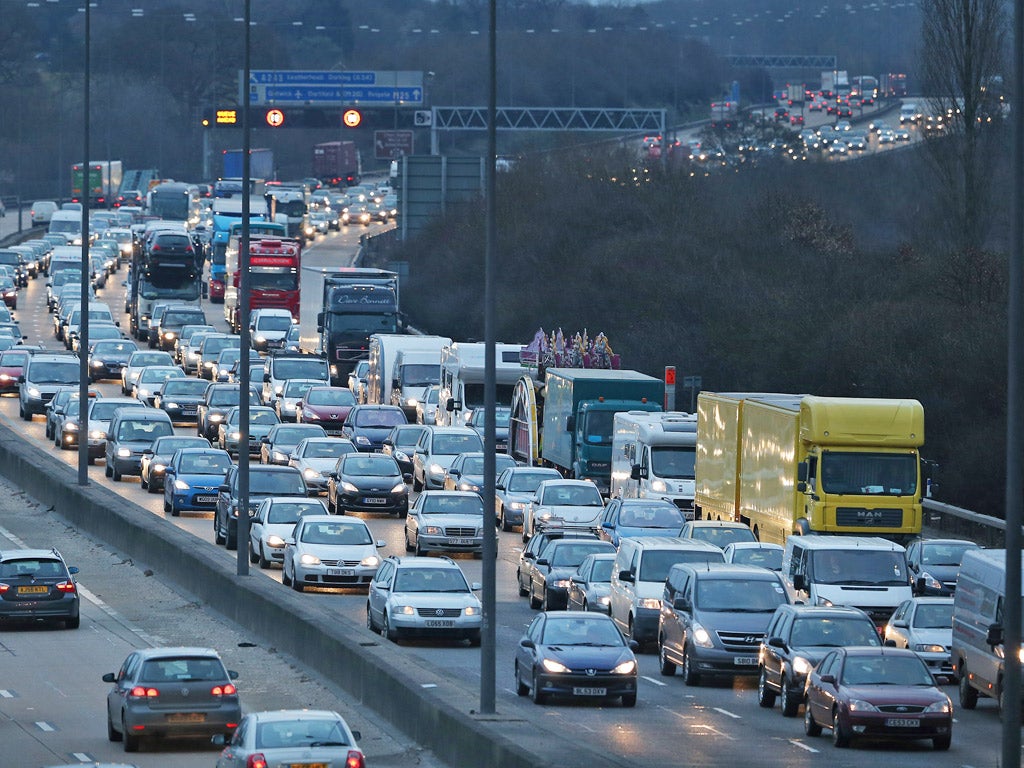Half of male drivers admit nodding off at the wheel
Road safety charity warns that tired driving kills at least 300 people on UK roads every year

Nearly half of male drivers are putting lives at risk by nodding off at the wheel, prompting calls for everyone on the road to take proper breaks.
A survey by a road safety charity revealed that 45 per cent of male drivers admitted falling asleep briefly, compared to just a fifth of women.
More men than women also said they had fallen fully asleep while driving and almost half of the drivers surveyed admitted driving after less than five hours sleep.
Charity Brake, which carried out the research with Direct Line, said tired driving kills at least 300 people on UK roads every year and the actual figure could be much higher.
Julie Townsend, deputy chief executive, said: “We need all drivers to wake up to the fact that ‘head nodding’ is falling asleep, and can easily lead to catastrophe, but it can, of course be prevented.
“Ultimately, getting home to your loved ones a bit later is better than never getting there at all.”
She urged road users to get a good night’s sleep before driving, take breaks every two hours and stop if they feel tired.
The sensation of nodding off is actually a “micro-sleep” where people can be unconscious for between two and 30 seconds, travelling hundreds of metres while out of control.
Andrew Radford, 33, died in 2008 after crashing when he fell asleep at the wheel.
The primary school teacher was on his way back home from work in Shropshire when his car veered on to the wrong side of the road and crashed head-on into another vehicle.
Mr Radford, a father of two, died in hospital after telling a paramedic at the scene he fell asleep and had decided to keep driving without a break.
His wife, Vicki, said: “I wish that we had known more about tired driving and taken it more seriously. Andrew was a good driver[…]I wish that he had stopped to rest.”
Brake is lobbying the government to raise awareness about the dangers, which particularly affect people driving long distances for work, and to provide more rest areas.
Winding down the window and turning up the radio does not prevent sleep and the effects of caffeine are short lived, the charity warned.
Subscribe to Independent Premium to bookmark this article
Want to bookmark your favourite articles and stories to read or reference later? Start your Independent Premium subscription today.

Join our commenting forum
Join thought-provoking conversations, follow other Independent readers and see their replies